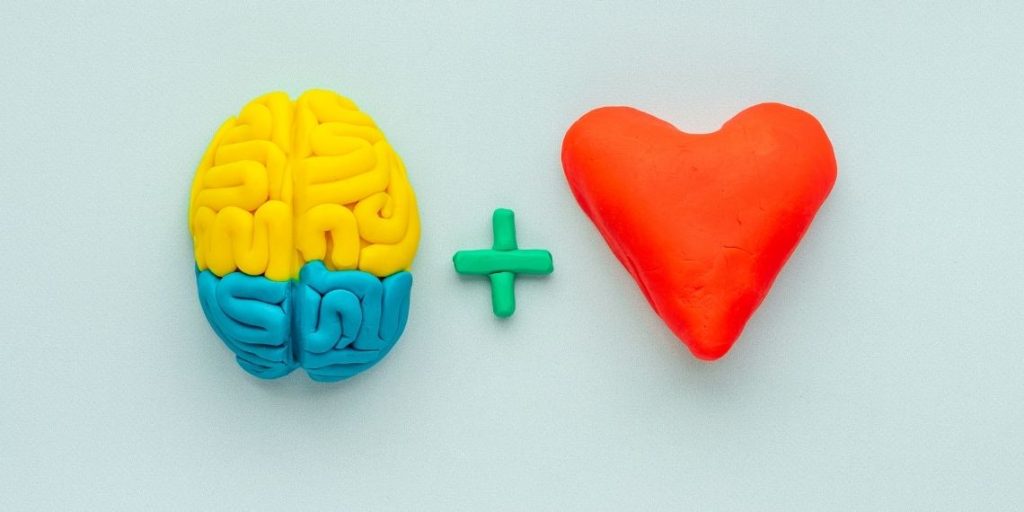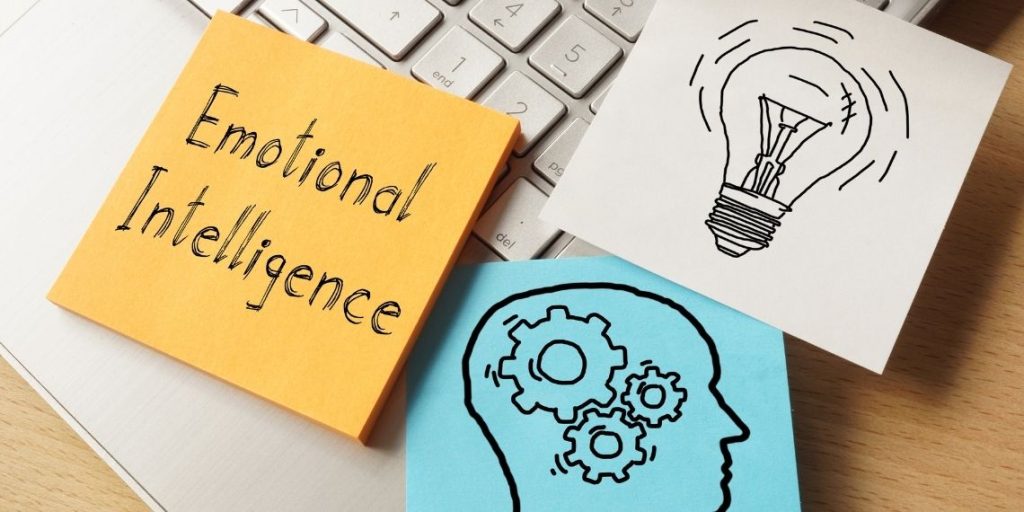Emotional Intelligence (EQ) definition of emotional intelligence (ei) can be defined as the capability of human beings to cognize, understand, handle and utilize emotions effectively in ourselves and others. Emotional and cognitive intelligence (IQ) are the two distinctions between them. Since cognitive intelligence deals with the educational domain, emotional intelligence (EQ) deals with the emotional and social areas.
These are the things that can bring positive changes to our personal and professional lives.The earliest emotional intelligence concept was promoted by Daniel Goleman, a psychologist, who emphasized its relevance in the implementation of the equal and psychological balance. In the present time, the possibility to comprehend emotions and make friends became particularly important within the context of interconnected and fast-moving life that we are in.
The thing about the importance of EQ is that it is so great that it cannot be underestimated. By now, we know that it is connected to our quality of life, causes stress, makes us bad communicators, and disconnects us from others. In other words, as a result of becoming emotionally intelligent, people will be able to enhance their leadership abilities, which in turn will help them pursue more worthwhile careers.
Table of Contents

Components of Emotional Intelligence
Emotional Intelligence stands on the “several essential elements,” which are:
Self-Awareness
Self-awareness is one of the major keys, which introduces: some of our emotions, strengths, weaknesses, and values, that we should know and keep. In other words, Self-awareness facilitates introspection and self-awareness, which refers to the process of perceiving that our moods affecting our thoughts and actions required for effective self-regulation and decision-making.
Self-Regulation
Self-regulation has to do with actively manipulating effectively our emotions and actions. One of the ways one can do it is through meditation that is a practice that is based on the idea that the mind has power over the body and is therefore more responsive to internal stimuli than to external ones on a daily meditation basis. This aspect of EQ helps us to be in the zone, steer away from losing our temper, and be adaptable during dynamic times. This involves the implementation of techniques like mindfulness, coping with stress, and building strength against emotions.
Motivation
Motivation, as it is referred to in the area of emotional intelligence, means being self-driven and working towards one’s goals because this is what you want rather than doing it for rewards. People having this type of modulation tend to be fervent, upbeat, and are always seeking personal and professional progress.
Empathy
The notion of empathy implies a person’s ability to perceive and understand the emotions of others. The fact that it enables us to build authentic and deep relationships with others and apply the situation of people adequately is thereby the means through which it perform its miracles. Empathy encompasses attentive listening, sympathy, and understanding each other’s mood.
Social Skills
Social Skills is the capacity to communicate effectively with other individuals. Specifically, good communication, peaceful resolution of problems, teamwork, and good leadership. They possess such skills, one of the qualities which is vital in the construction and preservation of positive relationships at home and at work.
Applications in Various Fields
Emotional Intelligence can be used in different fields:

Workplace
In a highly competitive work arena the emotional intelligence quotient is the soul of leadership, teamwork, and conflict management. EQ leaders can motivate and transform the organization. They create a workplace environment that is conducive to spiritual development where trust, and inner peace, are the tenets that guide every member. They are open-minded and try to sympathize with others who face the same challenges as they do.
Education
In educational systems, EQ is known to both students and educators as the thing that is to be triggered for the formation of good relationships, to cope with stress, and to make a cozy and mutual respect environment. Teaching social and emotional intelligence in schools leads to not only better grades but also improved well-being generally.
Healthcare
High EQ-possesing healthcare professionals implant better patient experience with their ability to get the feelings of the patient and respond accordingly. Empathy and effective communication are the main factors that can develop patient-centered care, which results in both patient satisfaction and outcomes’ improvement.
Personal Relationships
In personal relationships, EQ plays an important role in the formation of trust, the determination of conflicts, and the creation of emotions. People with high EQ can handle relationships with empathy, understanding, and effective communication.
Benefits of High Emotional Intelligence
The pros of high EQ are many:

Improved Relationships
People with high EQ can make the relationships they enjoy stronger and more positive. They can better sense and react to other people’s emotions, hence more meaningful relations and lower disputes.
Enhanced Communication
EQ improves the ability to communicate, thus making it easier to communicate thoughts and feelings efficiently and clearly. This is evident in the personal and professional environments where better understanding, collaboration, and problem-solving are reached.
Greater Resilience
People who are high EQ are more resilient to stress and hardship. They can effectively manage their emotions, recover quickly from failures, and remain optimists even in difficult situations.
Ways to Develop Emotional Intelligence
Enhancing EQ is the result of deliberate training and reflection on oneself:

Practice Self-Awareness
Continuous reflection on your thoughts, emotions and behaviors is vital for growth. Self-awareness can be enhanced through different strategies: journaling, meditation, and seeking feedback from others can help increase self-awareness.
Improve Self-Regulation
Finding strategies that help one manage their moods and control their impulses is one way to improve self-regulation. In addition, one can develop such skills through deep breathing, mindfulness, and positive thinking.
Cultivate Empathy
Adopt an intellectual approach towards the emotional states of others by trying to see things from their point of view, as well as accordingly adjust your own feelings and reactions to people. Practice active listening, express compassion, and exercise the habit of ”standing in other people’s shoes”.
Enhance Social Skills
First and foremost, enhance your communication skills, conflict resolution, and team-working abilities. Team projects participation, collaboration with others, and enhancing assertive communication skills are all effective social skills training activities.
Future of Emotional Intelligence
The future of Emotional Intelligence is certainly full of potential as it gains recognition in the many different fields of human activity. Robots could potentially show affection, so EQ could become incredibly important when people have interactions with them. Training and implementation in AI and robotic systems ensure that AI systems have feelings and recognize social cues. In addition, such a novel concept might discover the use of it in various fields.
A good example is the implementation of emotional intelligence in schools among the youth which in return raises the effectiveness of therapeutic practices. Similarly, implementing mindfulness meditation and neurofeedback programs in juvenile detention centers could substantially contribute to such a positive change and the realization of the desired goal.In conclusion, Emotional Intelligence is a valuable and an irreplaceable skill to master its benefits as a whole. By being aware of the EQ concept, individuals are able to attain more and they can create stronger connections as well as making societal contributions.technology
















